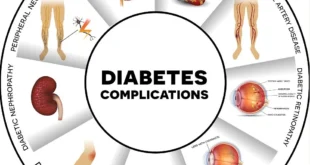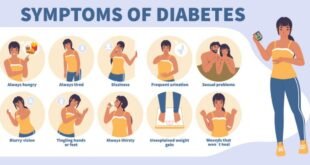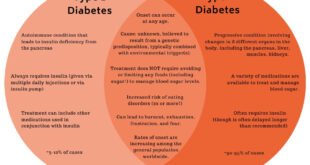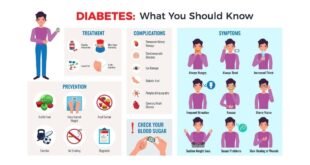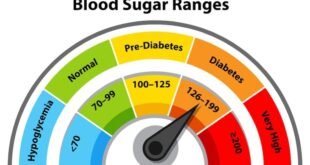Introduction
Sugar is a type of carbohydrate that provides energy to the body. It occurs naturally in fruits, vegetables, and dairy products, but is also added to many processed foods and drinks. While sugar can be part of a healthy diet, excessive consumption can lead to serious health problems.
Types of Sugar
- Natural sugars: Found in fruits (fructose), milk (lactose), and vegetables.
- Added sugars: Introduced during food processing or preparation, such as in sodas, candies, pastries, and sweetened cereals.
Health Risks of Excessive Sugar
Consuming too much sugar has been linked to:
- Obesity
- Type 2 diabetes
- Heart disease
- Tooth decay
- Fatty liver disease
How to Manage Sugar Intake
Here are practical ways to reduce and control sugar consumption:
- Choose whole foods: Eat fresh fruits and vegetables instead of processed snacks.
- Read food labels: Look for hidden sugars in packaged foods (e.g., glucose, sucrose, corn syrup).
- Limit sugary drinks: Replace sodas and sweetened juices with water, herbal tea, or unsweetened beverages.
- Reduce dessert portions: Enjoy sweets occasionally and in small amounts.
- Be mindful of cravings: Sugar can be addictive; try healthier alternatives like nuts or yogurt.
- Exercise regularly: Physical activity helps regulate blood sugar levels and maintain a healthy weight.
Conclusion
Sugar is not inherently bad, but moderation is key. By making informed choices and adopting healthier habits, individuals can enjoy a balanced diet while minimizing the risks associated with excessive sugar intake.
 Kolnest.com – Know the Signs. Change the Future. Entertainments, Gadgets, Business, News, Articles, Love, Travel, Heallth
Kolnest.com – Know the Signs. Change the Future. Entertainments, Gadgets, Business, News, Articles, Love, Travel, Heallth
